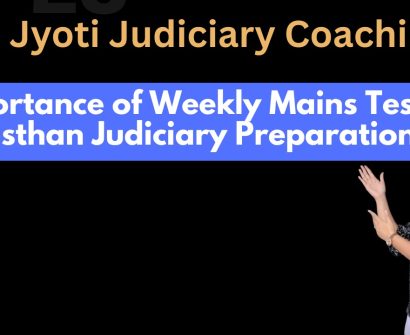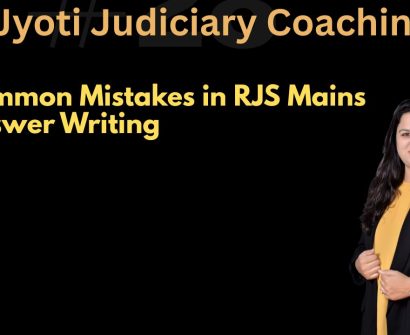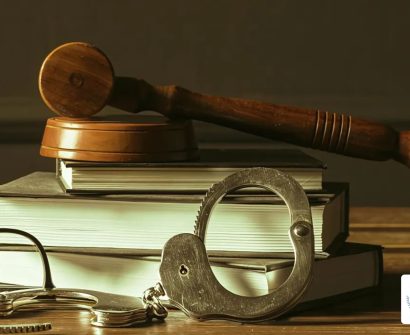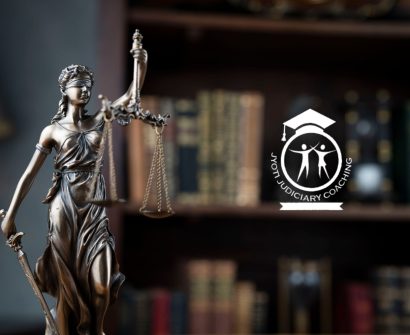SUPREME COURT REJECTS SENTHIL BALAJI’S BAIL ON “NOT SERIOUS” HEALTH GROUNDS
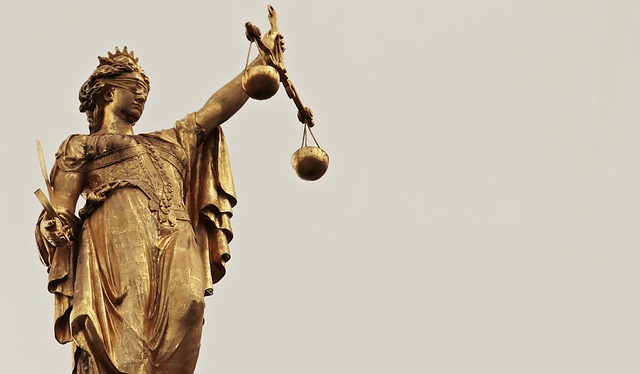
In the latest decision that ignited controversy in both the legal and political arenas, the Supreme Court of India refused Tamil Nadu Minister Senthil Balaji bail on account of medical problems. The minister, who was recently charged, sought a temporary injunction because of health problems. The convergence of legal concerns and a charged individual’s health has been brought into doubt by the apex court’s decision.
Senthil Balaji Case: Its Background
- DMK leader V Senthil Balaji was the state’s minister of electricity, excise, and prohibition; due to his poor health, Chief Minister MK Stalin recently reorganized his portfolio.
- The Enforcement Directorate has detained DMK leader V Senthil Balaji, a minister in the cabinet in the MK Stalin-led Tamil Nadu government, over his suspected involvement in a cash-for-job scheme in the state. The scheme is thought to have occurred between 2011 and 2016 when he was the transportation minister under the AIADMK government.
- This happened when the Madras High Court’s order to halt the Enforcement Directorate’s money laundering case was overturned by the Supreme Court in May, thereby freeing the ED investigation from all constraints.
- The High Court of Madras granted Balaji’s family’s request to have him moved to a private hospital but denied him interim bail in the same month. Balaji was taken into custody by the central agency following an intense 18-hour search and questioning session.
- He was transported to the government-run Stanley Hospital in Chennai with complaints of chest pain, headache, and numbness in his left leg. Later, he was transferred to the jail hospital.
- Balaji, who also had a bypass operation while in court, had claimed that his medical condition required ongoing physiotherapy and the prison hospital could not cater to his health condition, however, the central agency rejected Senthil Balaji bail request, claiming that the prison hospital could cater for such care.
Senthil Balaji Bail Rejected: Recent Update
- The Supreme Court emphasized the importance of a balance between an individual’s health issues and the ideals of justice when it rejected the request for bail on the grounds of medical issues. The judge has an essential function in maintaining a just legal process, and decisions concerning bail must balance the severity of the allegations against the accused’s claims regarding health.
- The person charged has the right to regularly seek bail through the rightful legal procedures, the court recognized. This nuanced approach indicates that although health is a legitimate aspect, it shouldn’t be the sole consideration used when deciding an inmate’s swift release, especially when the charges against them are serious.
- The bench further stated that Balaji’s role as a minister with no portfolio, his brother’s abduction, and his assault on income tax officials during the raid all contributed to the “irresistible conclusion” that, should he be freed from custody, Balaji would have a direct and indirect influence or tampering of the witnesses.
Senthil Balaji Bail Rejected: People’s Reaction
- Naturally, the refusal of bail to a minister who was in office has generated media curiosity and discussions. Views among the public regarding the legality of the judge’s decision and whether it indicates an aggressive position against those in authority are different.
- While some believe that the accused’s health ought to be addressed first, others argue that the magnitude of the allegations ought not to be lessened by the accused’s medical problems.
Senthil Balaji Bail Case: Setting a Legal Precedent
- The decision made by the Supreme Court, in this case, corresponds with centuries-old precedents in law that highlight just how important it is to take into account the gravity of the accusations when deciding whether or not to grant bail. The strategy taken by courts has remained constant: bail is not a given and should be granted cautiously, examining every aspect of each case.
- Though it is an adequate excuse for asking for bail, one’s health does not necessarily shield one from punishment. Past rulings have pointed out that before granting relief, an in-depth examination of the medical records of the individual and the medical issue at hand is essential. This approach protects the credibility of the legal system while additionally taking the accused’s medical conditions into account which can be treated through medications.
It is going to be important to watch whether the accused person seeks regular bail through acknowledged judicial processes as the case unfolds. In high-profile cases like these, the relationship between the law and health serves as a barometer for the legal system’s capacity to settle challenging disputes and deliver unbiased decisions.
In more general terms, this case throws into question the requirements for granting bail, in particular with regard to those in positions of responsibility. It additionally serves as an indication that, regardless of one’s political setting, nobody stands above the law.

